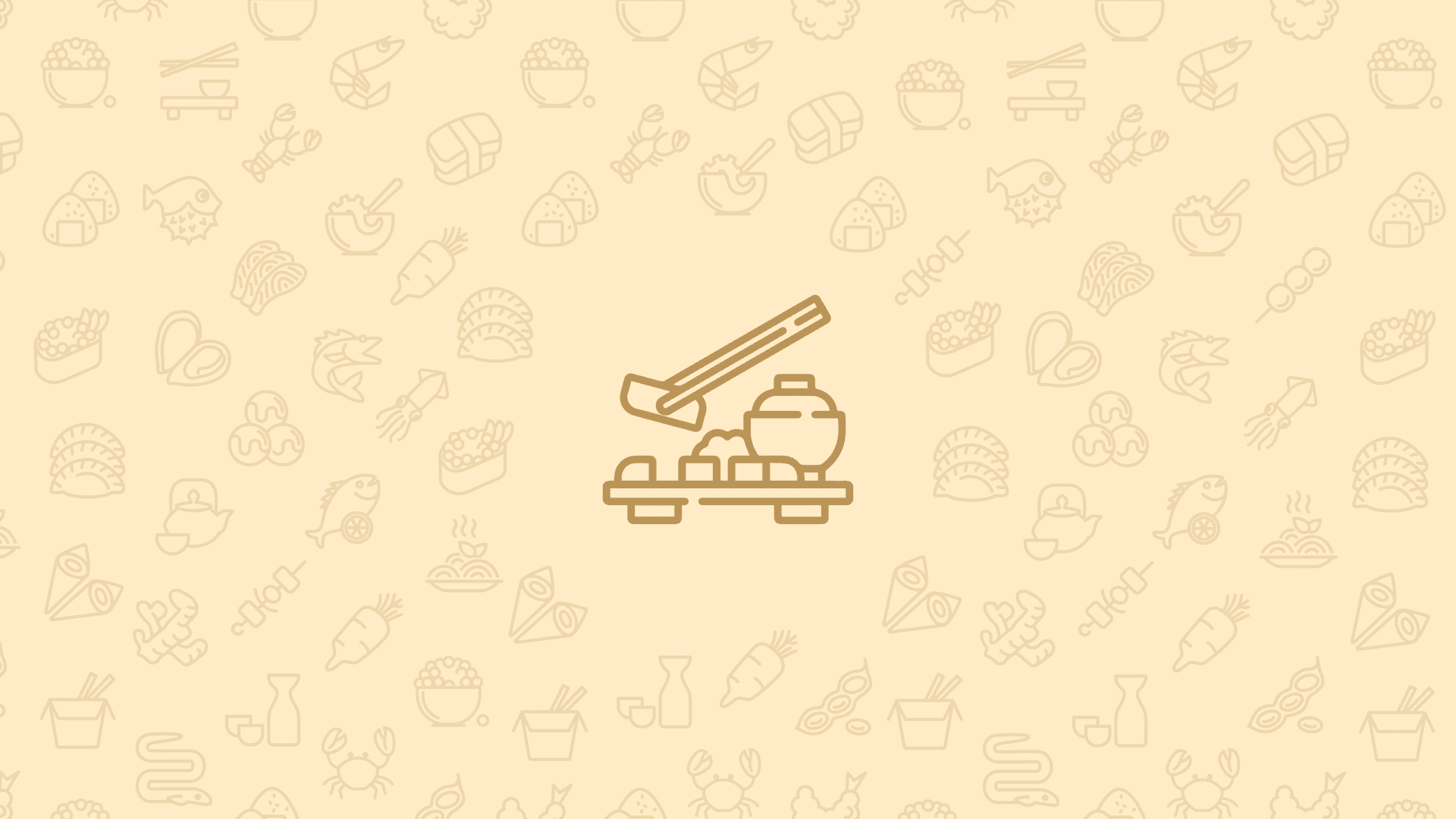Share
Save
Photos
Kanda Yabusoba

Share
Save
Photos
Summary
Restaurant Details
Location
This authentic, historic Meiji Era soba restaurant is here to stay — back on top even after a tragic fire in 2013.
Restaurant Details
※ This restaurant only has 8 seats available for reservation each hour. These are designated specifically for guests who have difficulties queuing, such as those with physical impairments or special needs. Please only request a reservation if you fall into these categories.
———
Founded in 1880, this shop is among the oldest soba restaurants in Tokyo. After 133 years of business, the restaurant faced tragedy when it burned down in 2013. The traditional wooden construction methods of Japan are prone to such misfortune.
However, Kanda Yabusoba is now rebuilt and thriving! The owners decided to re-materialize their much-loved soba restaurant on the same spot it stood for so many years, using modern building materials without sacrificing the historic charm of the original building. The new establishment feels just like the old Meiji era dining hall it sprang up in place of.
The noodles themselves are likewise unchanged — still the same beautifully thin, hand-cut soba that was served here since the beginning.
They serve various styles ranging from the plain to the rich, such as their signature dish: soba topped with rare-cooked duck slices. A range of sides is also available, with duck soup and crispy tempura among the favorites.
Kanda Yabusoba Phone Number
03-3251-0287
Kanda Yabusoba Business Days
Sunday
11:30 AM
08:00 PM
Monday
11:30 AM
08:00 PM
Tuesday
11:30 AM
08:00 PM
Wednesday
Closed
Thursday
11:30 AM
08:00 PM
Friday
11:30 AM
08:00 PM
Saturday
11:30 AM
08:00 PM
Kanda Yabusoba Address
2-10 Kanda Awajicho, Chiyoda City, Tokyo, 101-0063, Japan
Kanda Yabusoba Cancellation Policy
Cancel your reservation at least 1 week before the dining start time to receive a full refund minus a 3.2% transaction fee.
Read more
Restaurant location
Over 14 million residents call Tokyo home. Functioning as Japan's economic and cultural center, it's no surprise the metropolis often appears at the top of travelers' bucket lists. Here, you can find everything from traditional tea houses to futuristic skyscrapers.
Get Directions
We strive to be as accurate as possible and keep up with the changing landscape of Japan’s food and travel industries. If you spot any inaccuracies, please send a report.
Reserve This Restaurant
Select at least 1 guest
Select Guest
Select at least 1 guest
Adult
0
Child
0
Clear
Apply
Date
Select Date
October
2024
| Su | Mo | Tu | We | Th | Fr | Sa |
|---|---|---|---|---|---|---|
29 | 30 | 1 | 2 | 3 | 4 | 5 |
6 | 7 | 8 | 9 | 10 | 11 | 12 |
13 | 14 | 15 | 16 | 17 | 18 | 19 |
20 | 21 | 22 | 23 | 24 | 25 | 26 |
27 | 28 | 29 | 30 | 31 | 1 | 2 |
Time
Select Time
Time
¥2,000
reservation fee per guest*
Request Reservation
Free cancellation (1 week notice)
*Fee for reservation service only. This fee DOES NOT include any food, beverages, or services at the restaurant.
*Confirmation sent within seven business days.
*The reservation service charge will only apply if the reservation request is successful. If the restaurant cancels the reservation, 100% of the service charge will be refunded.
You may also be interested in these restaurants

TOKYO
Menosou
Experience the highly acclaimed Japanese cuisine creations of this longtime Kagurazaka establishment.
Lunch: ¥5,000-10,000
Dinner: ¥10,000-15,000

TOKYO
Ryori-ya Tachibana
The sheer respect for Japanese aesthetic and culinary arts is palpable at this Roppongi restaurant, where Chef Kosei Tachibana delights guests with his performative yet reverent way of preparing traditional kappo cuisine.
Lunch: ¥10,000-25,000
Dinner: ¥10,000-25,000
TOKYO
Ginza Wakuta
Want to experience a traditional kaiseki course menu in the heart of Japan’s haute cuisine? Book a cozy, private room at Ginza Wakuta, a Ginza restaurant where the Japanese cuisine is as beautiful as it is delicious.
Lunch: ¥5,000-20,000
Dinner: ¥15,000-25,000
TOKYO
Shion
Even before moving to its current Akasaka location, a philosophy of reverence for Japan’s natural beauty has always driven the traditional kaiseki cuisine at Shion. Private rooms provide a much-needed respite from the Tokyo rush.
Lunch: ¥15,000-20,000
Dinner: ¥20,000-30,000